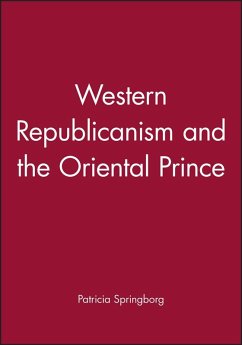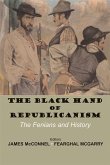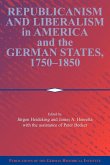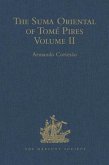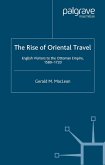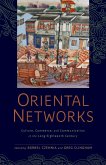The East/West divide seems to be as old as history itself, the roots of Orientalism and anti-Semitism lying far beyond the origins of modern Western imperialism. The very project of Western classical republicanism had its darker side: to purloin the legacy of the Greeks, distancing them from Eastern systems deemed 'despotic' and 'other'. Western Republicanism and the Oriental Prince is a thoroughly revisionist book, challenging not only the comfortable view the West has of its own political evolution, but the negative stereotypes of non-Western systems. Not only did these images serve to legitimate early modern European nation states struggling for an identity, but they also served to justify slavery and other forms of domination over subject peoples. Drawing upon archaeological and epigraphic evidence, Springborg discusses the Mesopotamian and ancient Egyptian contribution of political forms and cultic institutions to classical Graeco-Roman civilization, an Eastern legacy to the West long obscured for political reasons. A different reading of the foundation myths of Athens and Rome, certain texts of Plato, Aristotle, and the writings of Herodotus, Isocrates, Plutarch and Diodorus Siculus, permits us to restore possible lines of filtration. Renaissance thought, long believed to have ushered in the Western classical republican tradition, demonstrates a curious ambivalence towards powerful Eastern system, objects of fascination as much as fear. We do not yet find sedimented the divide between Western Democracy and oriental despotism, in which post-Reformation thought as been set in stone. This major new study will be of interest to students of political history, political theory, comparative politics and political archaeology.
Hinweis: Dieser Artikel kann nur an eine deutsche Lieferadresse ausgeliefert werden.
Hinweis: Dieser Artikel kann nur an eine deutsche Lieferadresse ausgeliefert werden.

